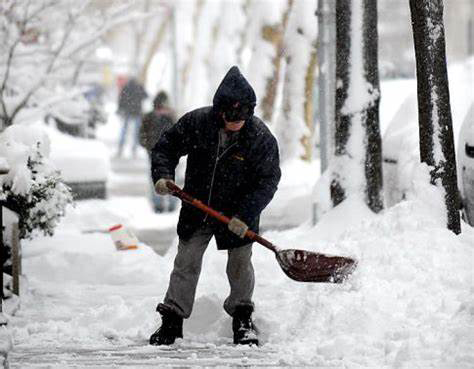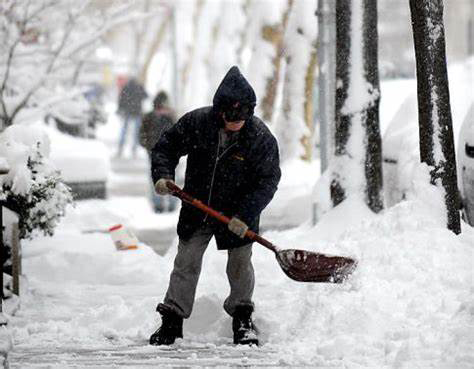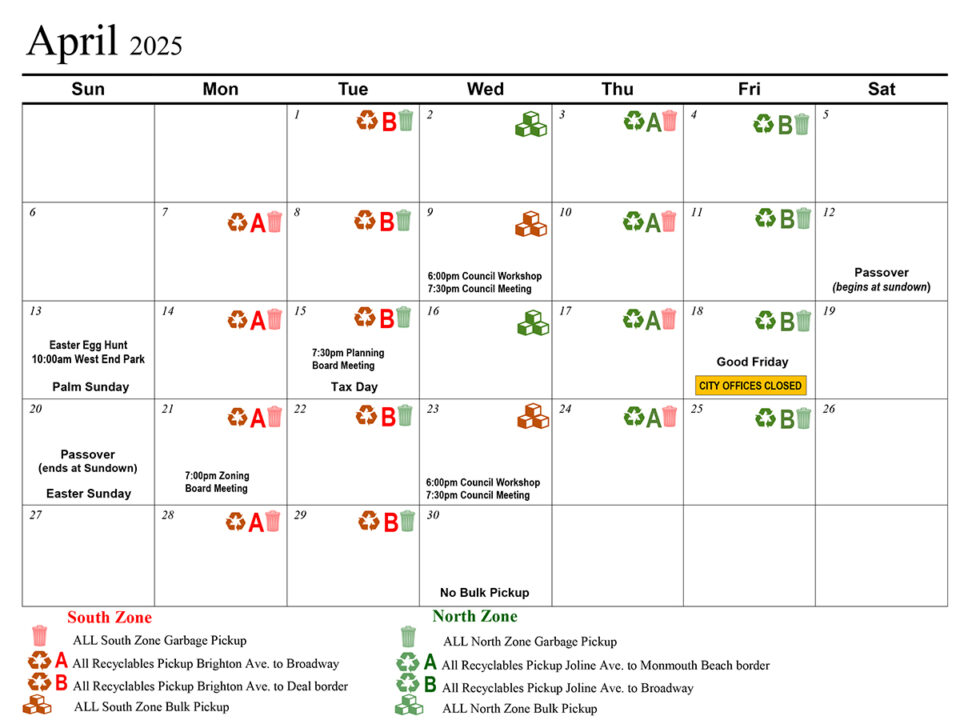
ASTEP receives desks and chairs
December 15, 2020
NJ Rep Presents 6 Great Stories by 6 Great Performers
December 15, 2020 Winter weather alerts have been posted throughout the state as the season’s first nor’easter is expected tomorrow into Thursday. With a combination of rain and, in some areas of New Jersey, a record setting two feet of snow expected, it is important to be aware of the health risks surrounding snow removal.
Winter weather alerts have been posted throughout the state as the season’s first nor’easter is expected tomorrow into Thursday. With a combination of rain and, in some areas of New Jersey, a record setting two feet of snow expected, it is important to be aware of the health risks surrounding snow removal.
High accumulation increases the weight of the snowfall making it more dangerous to remove for many. The forecasted weather can be described as classic heart attack weather – particularly after the snow falls and people begin to shovel. Each year, more than 11,500 people suffer a heart attack after shoveling snow. In these plunging temperatures blood vessels constrict to keep the body’s temperature up, adding more stress to the heart. This puts those shoveling, men in particular, at tremendous risk for a heart attack.
With the combination of the cold temperatures and snowfall, RWJBarnabas Health, cautions those who have a cardiac history to avoid shoveling and can elaborate on the health risks of snow shoveling as well as offer tips for healthy individuals who are going to shovel to reduce stress on their heart. If interested, I can connect you with one of the doctors from RWJBarnabas Health who can discuss:
- The dangers of shoveling snow for those who have a heart condition
- Why the cold weather exacerbates stress to the heart
- Signs and symptoms of a heart attack
- The basic steps people can take to reduce the stress on their heart when shoveling, including:
- Make sure you are wearing adequate, protective, layered and warm clothing, including a hat, gloves and warm boots
- Stretch out your muscles prior to going out to shovel
- Drink plenty of water to make sure you are hydrated
- Start slowly and increase your heart rate gradually
- Push the snow instead of lifting it
- Take frequent breaks and go inside to warm up





